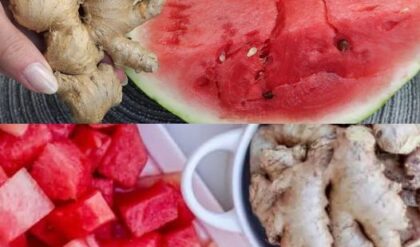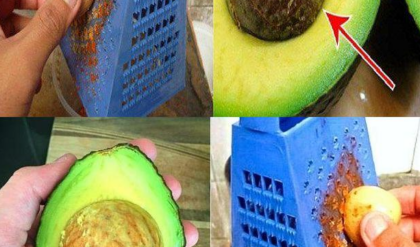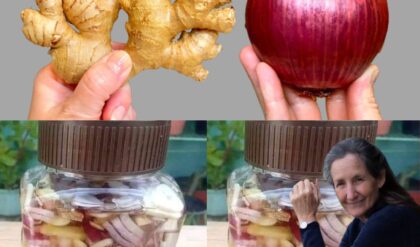Mint, with its refreshing aroma and invigorating taste, is a beloved herb worldwide. From ancient medicinal practices to modern culinary delights, mint has been cherished for centuries. Whether you grow it in your garden or buy it fresh from the market, this remarkable herb offers numerous health benefits and versatile applications. Let’s explore ten incredible health benefits of mint, five unique ways to use it, and step-by-step instructions on how to incorporate it into your daily routine.

10 Health Benefits of Mint
1. Aids Digestion
Mint is well known for its ability to support digestive health. It helps soothe indigestion and bloating by relaxing stomach muscles, allowing food to move more efficiently through the digestive tract. Drinking mint tea or adding fresh mint leaves to meals can promote better digestion.
2. Relieves Respiratory Issues
The menthol in mint acts as a natural decongestant, helping to clear airways and making breathing easier. Inhaling mint steam or drinking mint tea can provide relief from colds, congestion, and seasonal allergies.
3. Promotes Oral Health
With its powerful antibacterial properties, mint is commonly found in toothpaste and mouthwash. It helps eliminate bacteria that cause bad breath while leaving your mouth feeling fresh. A simple homemade mouth rinse with mint-infused water can be an effective natural alternative.
4. Boosts the Immune System
Rich in antioxidants, mint helps protect the body from oxidative stress and supports immune function. Adding mint to your diet, whether in salads, smoothies, or herbal teas, can strengthen your body’s defenses against infections.
5. Reduces Stress and Anxiety
The calming aroma of mint has been shown to reduce stress, anxiety, and fatigue. Whether in the form of essential oils, herbal tea, or fresh leaves, mint can enhance relaxation and improve mood.
6. Improves Skin Health
Mint’s anti-inflammatory and antibacterial properties make it a great natural remedy for acne and other skin conditions. Its cooling effect soothes irritation and itching, making mint-infused skincare products a refreshing addition to any beauty routine.
7. Supports Weight Loss
Mint aids in weight management by stimulating digestive enzymes that help absorb nutrients and convert fat into energy. Drinking mint-infused water or adding fresh mint leaves to meals can help curb cravings and support metabolism.
8. Enhances Memory and Cognitive Function
Research suggests that mint’s aroma can improve memory, focus, and alertness. Chewing mint gum or using mint essential oil can provide a quick mental boost, making it a great tool for studying or work.
9. Alleviates Headaches
Applying mint oil to the temples or inhaling its scent can relieve tension headaches and migraines. Its cooling effect helps relax muscles and ease discomfort.
10. Acts as a Natural Insect Repellent
The strong scent of mint naturally repels mosquitoes, ants, and other insects. Planting mint around your home or using mint oil in DIY sprays can help keep pests at bay.
5 Unique Ways to Use Mint and How to Incorporate It

1. Mint Tea
One of the simplest and most effective ways to enjoy mint is through tea. Steep fresh or dried mint leaves in boiling water for 5-10 minutes. Enjoy it hot or iced, sweeten with honey, or add a slice of lemon for extra flavor.
2. Mint Sugar
Enhance your desserts and beverages with mint-infused sugar. Blend fresh mint leaves with sugar until finely chopped, then spread the mixture on parchment paper to dry completely. Store it in an airtight container and use it to sweeten tea, sprinkle over fruit, or add to baked goods.
3. Mint Syrup for Beverages
To make a refreshing mint syrup, wash and dry five large bunches of mint. Finely chop the leaves and combine them with three cups of sugar and one and a half cups of water in a pot. Heat until the sugar dissolves, then simmer for 15 minutes. Let the mixture cool, strain, and store in a sterilized bottle. Use it to flavor lemonade, cocktails, or sparkling water.
4. Mint-Infused Oil
Mint-infused oil is great for cooking or as a soothing massage oil for sore muscles. Fill a jar with fresh mint leaves and cover them with a neutral oil such as olive or grapeseed oil. Seal the jar and let it infuse in a warm, dark place for one to two weeks, shaking occasionally. After the infusion period, strain the oil and store it in a clean jar.
5. Mint-Enhanced Skincare
Incorporate mint into your skincare routine for a natural and refreshing effect. To make a mint facial toner, boil a handful of fresh mint leaves in two cups of water for ten minutes. Let it cool, strain, and transfer the liquid to a spray bottle. Use this toner to refresh your face throughout the day or after cleansing.
Disclaimer
While mint is generally safe for most people, some individuals may experience allergic reactions. Those with gastroesophageal reflux disease (GERD) should use mint cautiously, as it may worsen symptoms. Pregnant and breastfeeding women should consult their healthcare provider before consuming large amounts of mint or using mint essential oils. Always perform a patch test before applying mint-infused products to the skin to check for potential allergies.
Mint is more than just a flavorful herb—it’s a powerhouse of health benefits and versatile uses. Whether you enjoy it in tea, skincare, or home remedies, incorporating mint into your daily routine can bring a refreshing and natural boost to your well-being.





